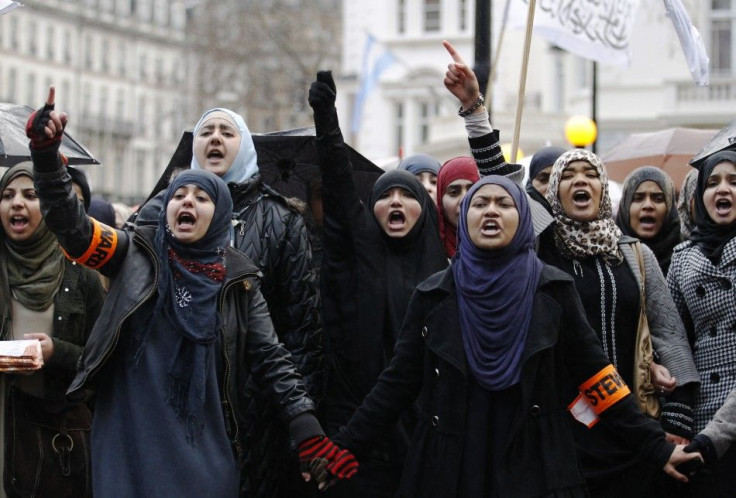U.N. Searches for Envoy to Syria as Situation Worsens

With the situation in Syrian continually worsening, the United Nations is still trying to select a special envoy to the country.
Secretary-General Ban Ki-moon said Tuesday that he is still looking for the right candidate -- preferably someone from an Arab League nation -- for the job. The envoy could be tasked with trying to broker a political settlement between the Syrian government and opposition fighters and activists.
Russia has stated that it's in favor of sending an U.N. representative to Syria for humanitarian reasons. For Russia, which earlier vetoed a Security Council resolution on Syria and has been adamant about not allowing foreign governments to intervene, the envoy could also verify the claims being made about the Syrian uprising.
The situation in Syria requires an objective assessment, Deputy Foreign Minister Gennady Gatilov said Sunday.
At the same time, Russia has boycotted the Friends of Syria meeting which is being held in Tunis this week. The group was created by the European Union, the United States and members of the Arab League, but Russia has declined its invitation because the Friends of Syria take one side against another in an internal conflict.
The invitations to attend the Tunis meeting were issued to some parts of the opposition, but representatives of the Syrian government were not invited, the Russian Foreign ministry said in a statement.
This means that the interests of the majority of the Syrian population, which supports the authorities, will not be represented.
The U.N. has estimated that at least 6,000 people have been killed in Syria since the unrest began last March. But the U.N. has, for the most part, stopped counting and other reports put the number of deaths closer to 10,000. According to activists, at least 60 people were killed on Tuesday, which was the 21st consecutive day that Homs and other rebellious cities have been shelled by government forces.
The shelling is continuous. They are using rockets and mortars, which are falling on people's houses, Homs resident Abu Abdah told the BBC last week.
The damage is so huge, and the city has been isolated. We have no support. We have a lack of medical supplies and food. The Assad forces have prevented people leaving the city.
With hopes of ending violence on both sides, the opposition is also in favor of a U.N. envoy. The Syrian National Council called for the Arab League and the Security Council to adopt procedural measures to end the barbaric attack on Homs, and to take necessary action to protect civilians, provide aid and treat the wounded, in a statement on Tuesday.
Meanwhile, more tanks and military transport vehicles continue to roll into the hottest regions of the country, and allegations that government forces have detained and tortured human rights activists have surfaced.
Additionally, in what could be a dire sign of things to come if true, an army of 10,000 fighters are said to be gathering in Jordan and preparing to invade Syria on behalf of the opposition.
Jordanian news outlet Al-Bawaba reported that Libyan mercenaries are being trained in Jordan and paid for by Saudi Arabia and Qatar, who both want Syrian President Bashar al-Assad removed.
© Copyright IBTimes 2024. All rights reserved.




















